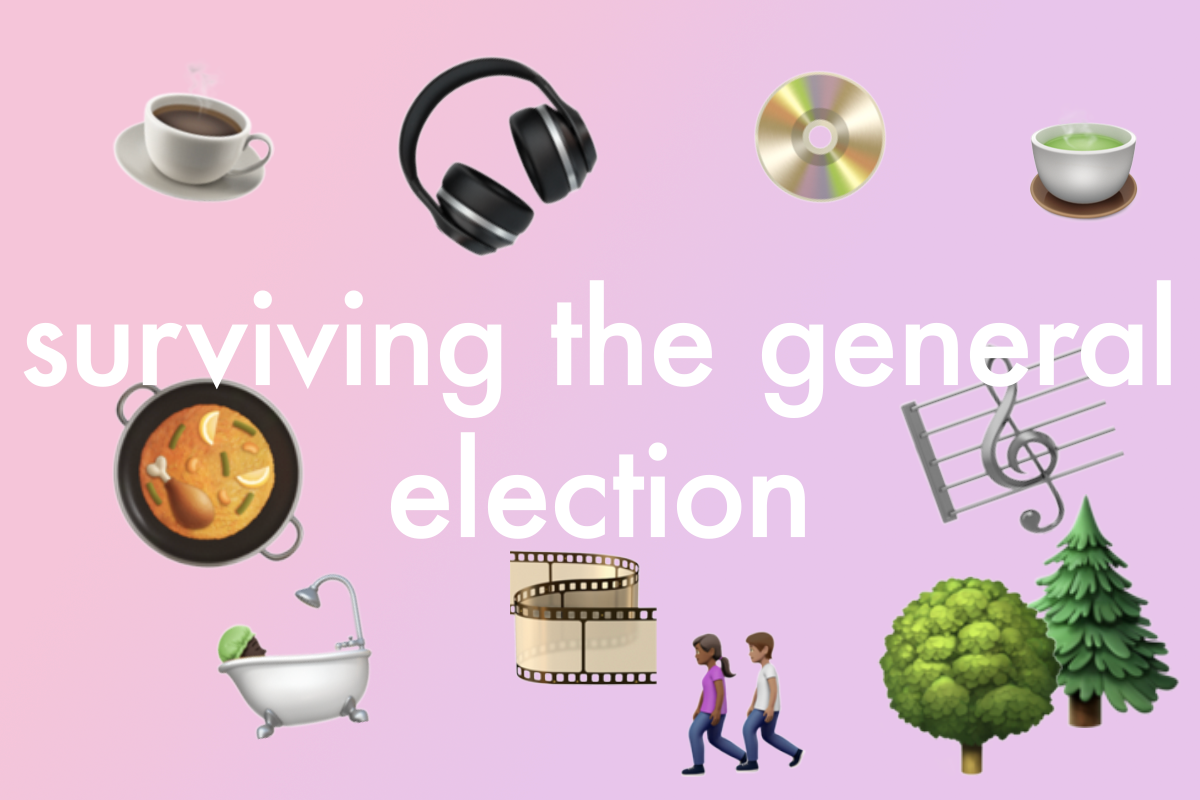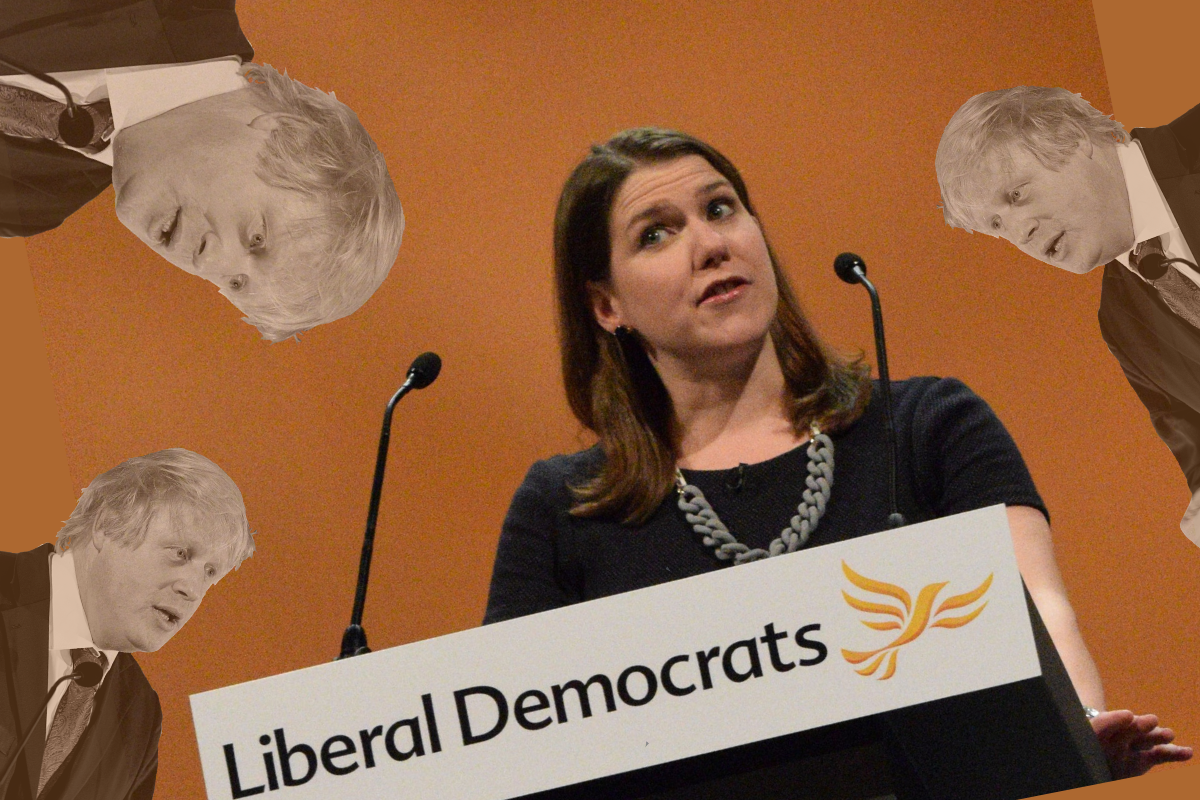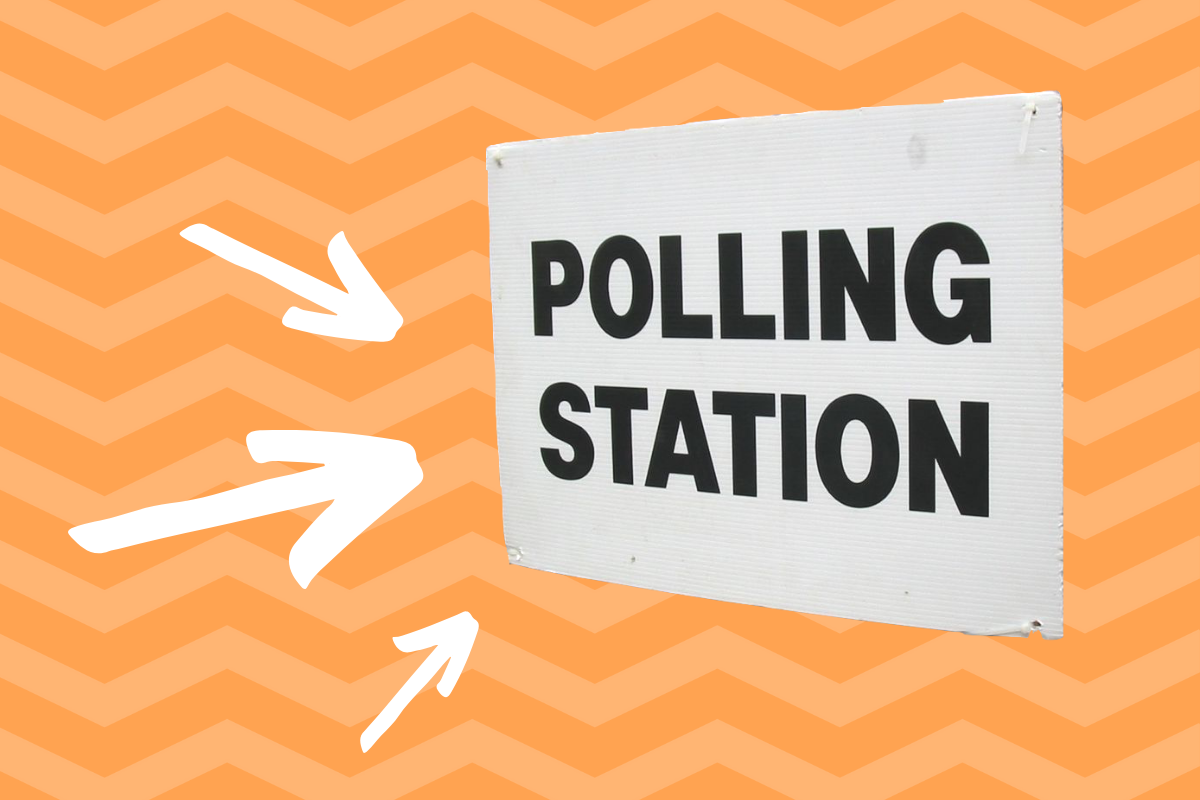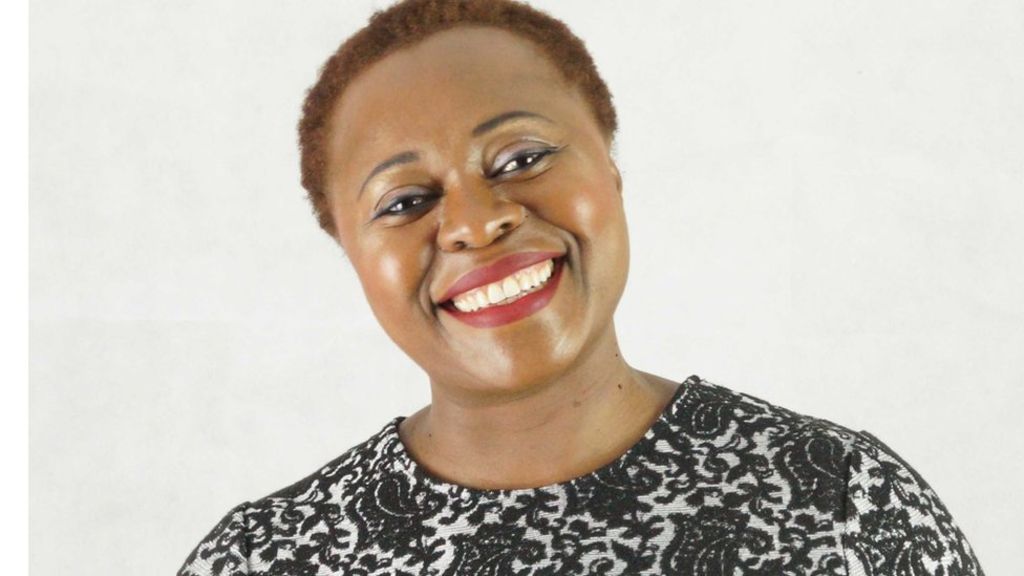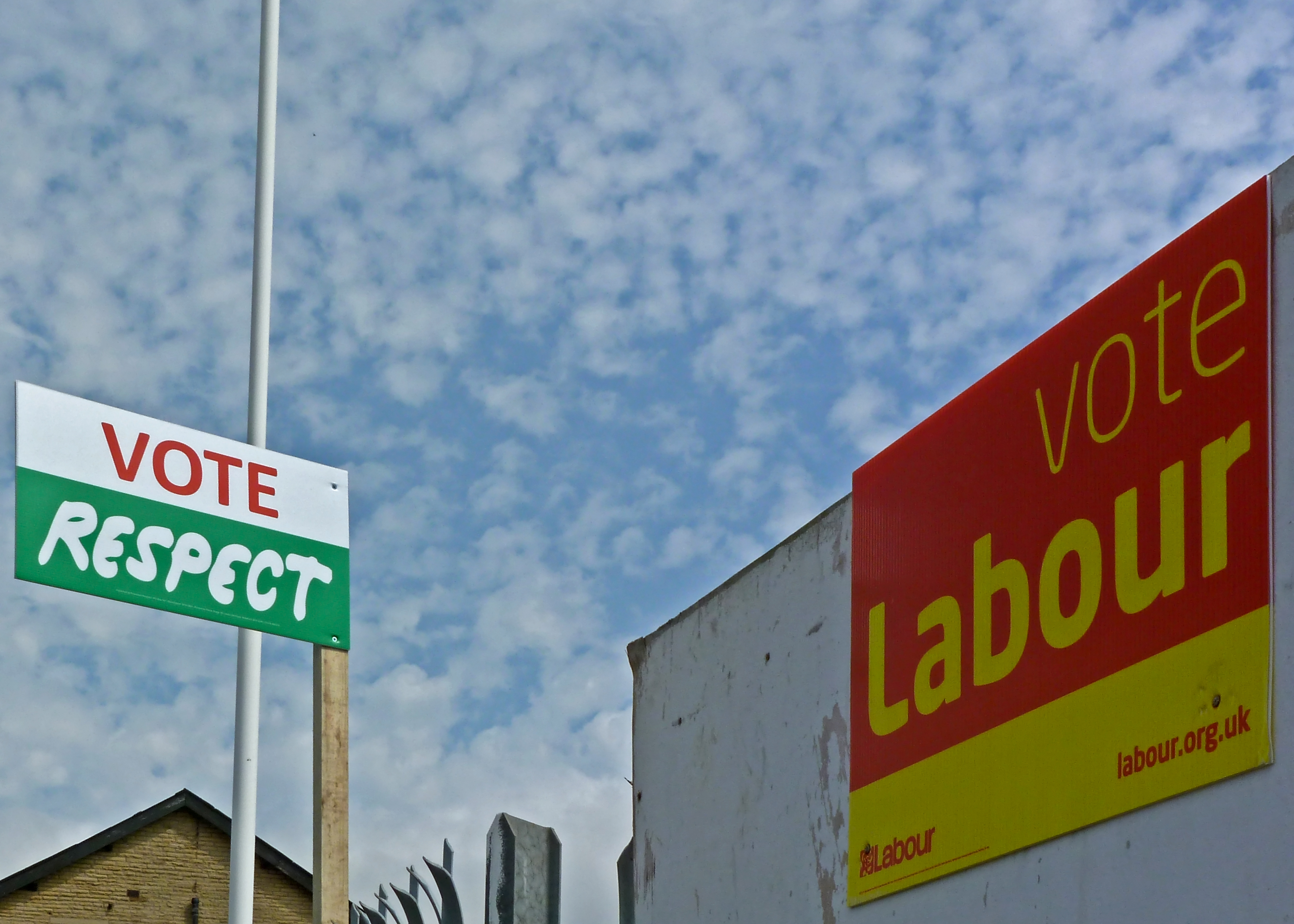
Election season comes with a few hallowed hallmarks. Politicians show up on doorsteps, participate in performative eating and smile at children. Celebrities endorse one side or another. And many people, with a certain sanctimonious tone, lecture others on the importance of voting. I’ve never been one to pass up on tradition.
As sod’s law will have it, the most important election of my life so far is shaping up to be the dullest. The polls differ wildly but consistently put the Conservatives in front. The Leaders Debate lacked either likely leader. Even Boris Johnson is reportedly being kept away from the cameras, though props to him for managing to blunder into a few gaffes anyway. It’s acceptable to be bored by this circus, to feel angry or helpless, irrelevant. That makes it all the more vital to vote. Apathy feels good. But it serves no one.
Those of us who are young, POC, or (my goodness) both, should look to the grey vote for inspiration. 64 percent of registered 18-24 year olds turned out for the Brexit referendum. That’s considered decent. But 90 percent of those 65 and over showed up too. And here we are, with younger voters generally disappointed with the Brexit vote, their futures uncertain and their voices still ignored. Parties, opposition leaders and governments are careful to cater to their bases. This is why students tend not to get lucky with manifesto pledges and why pensioners do. Even if your party or local candidate hasn’t a chance, showing up gives you (if you agree with most of your demographic on policy) a shot at being catered to in the next few years.
And it must be said that if you feel strongly (on either side) about Brexit, that it’s still all to play for. The outcome of this election will shape the next government, the Brexit negotiations and our tone on the international stage. It’s a decision that requires the greatest care. And, unusually, the main party manifestos when placed alongside each other, present radically different visions for Britain. This is a vote to decide who we are.
You shouldn’t hope for a politically pure type to earn that vote. You shouldn’t expect a fair system to inform and support you. Figure out the best you can do, in the circumstances. Be satisfied with that.
So, a few practical tips for the uninspired. However sympathetic you may be to the smaller parties, the two party system has come roaring back this election. Bear this in mind when at the ballot box; some votes are more wasteful than others. And to go along with our debates and torrid partisanship, it seems like we’ve poached the US’ presidential system, helped by the fact that May and Corbyn are characters that eclipse their parties in the national press. But it’s worth remembering that we vote for local representatives only. If you loathe the party leader but like the local candidate, that’s one reason to vote. If in turn you can’t stand your MP, vote to force them out; doing so successfully could be pretty satisfying. Brexit has jeopardised otherwise safe politicians and altered loyalties, creating opportunity in its wake. Simply look over Zac Goldsmith’s loss of Richmond Park last year or at the battle in Vauxhall over Brexiteer Kate Hoey’s spot.
Read the manifestos – or rather, the summary guides to them that the BBC and any national paper worth its salt has up. The listed policies will determine the quality of your schools, universities, curriculum and local GP surgery. They will affect your wages, taxes and the benefits you are entitled to. Your grandparents’ care, your parents’ worries, your future job, hang in the balance. For the more conflicted, there are handy sites like Vote for policies and I Side With, which will get you to answer a few questions (say on schools and the NHS). At the end, you’re given a breakdown of results, with the party you’re most suited to at the top. It’s like a Buzzfeed quiz, with consequences.
Progressive or not, there are plenty of alliances popping up locally, as tactical voting creeps in. If you’re a voter who wants to keep the Tories out, Tactical 2017 will tell you the best way to vote by looking at the levels of progressive support in various constituencies.
This is also an election that will impact the wider world, though we seem increasingly irrelevant to that aspect of it. Over at the Guardian Akala has a piece up talking about the election. He touches on worries about foreign policy which, when I read it, brought to mind those of us who are unnerved, at best, about the steady rise of anti-immigration voices and the rapid crumbling of Britain’s “open” façade. BAME voters aren’t all supporters of free movement and high immigration – we are too fractious, internally competitive and prejudicial for this. And any member of an ethnic minority group is at least twice as likely not to be registered to vote than a white counterpart, which only leads to unrepresentative outcomes. But this is particularly sad because many BAME people – those of Commonwealth descent especially – are distinctly liberal when it comes to immigration or race relations. My vote might not make my grandmother feel more comfortable walking down the street in her sari, but thousands like it, for a decent MP, could do so. So, friendly BAME voters, please show up. My grandmother thanks you.
And if you’ve already registered to vote, you might as well go the whole way. Registering requires paperwork and meeting a deadline. If you’ve managed to navigate a government website to do that, you can stroll to your polling station and take five seconds out of your day to put a cross on a ballot paper. But maybe that’s a self serving observation, tailored for cynical times. There are other, well trodden and nobler reasons to participate in the election. You should vote because it makes you seen. Because the very act forces you to pay attention, at least for a moment, on a ballot paper. It forces you to form an opinion on the institutions that stitch us together. You should vote because of the importance of principle and tradition. Because of optimism. But this is all too earnest for me. In the West, in 2017, you should vote because taking suffrage for granted makes you a fool. See you at the polling station.

Britain’s policing was built on racism. Abolition is unavoidable

How Pakistan’s Khwaja Sira and transgender communities are fearing and fighting for their futures

Their anti-rape performance went viral globally. Now what?


